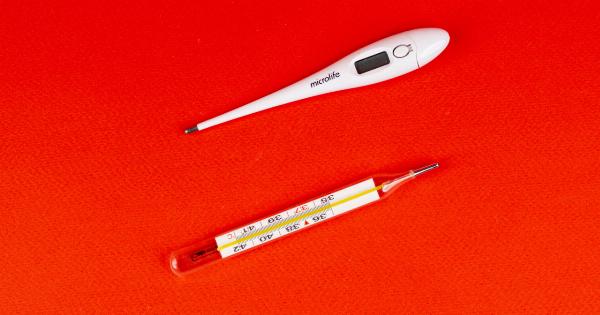Soft drinks are a popular beverage choice among people of all ages. They are easily available, come in a variety of flavors and are affordable.
However, several studies have shown that consuming soft drinks regularly can have harmful effects on your health. In this article, we will take a graphical look at the health hazards of soft drinks.
Obesity
One of the most significant health hazards of soft drinks is obesity. Soft drinks are high in sugar and calories, and drinking them regularly can lead to weight gain.
In fact, studies have shown that people who consume sugary drinks on a daily basis are more likely to be overweight or obese. This is because soft drinks contain added sugars that provide empty calories, meaning they don’t provide any nutritional value.
Diabetes
The high sugar content in soft drinks can also increase your risk of developing type 2 diabetes. When you consume sugar, your body converts it into glucose, which is then transported to your cells to be used as energy.
However, when you consume too much sugar, your body can’t process it all, causing your blood sugar levels to spike. Over time, this can lead to insulin resistance, which is a precursor to type 2 diabetes.
Heart Disease
Drinking soft drinks regularly can also lead to an increased risk of heart disease.
A study published in the journal Circulation found that consuming sugary drinks regularly can lead to a higher risk of cardiovascular disease, including heart attack and stroke. This is because the high sugar content in soft drinks can increase inflammation, which can damage your blood vessels and increase your risk of heart disease.
Kidney Damage
Soft drinks are also linked to an increased risk of kidney damage.
A study published in the Clinical Journal of the American Society of Nephrology found that people who consumed two or more soft drinks per day had a higher risk of developing kidney disease. This is because soft drinks can increase the acidity of your urine, which can lead to the formation of kidney stones.
Tooth Decay
The high sugar content in soft drinks is also harmful to your teeth. When you consume sugar, bacteria in your mouth feed on it and produce acid, which can wear away at your tooth enamel and lead to cavities.
Drinking soft drinks regularly can also lead to tooth decay and gum disease.
Reduced Bone Density
Another health hazard of soft drinks is reduced bone density. Soft drinks contain phosphoric acid, which can interfere with your body’s ability to absorb calcium.
Calcium is important for maintaining strong bones, and a lack of calcium can lead to osteoporosis, a condition where your bones become weak and brittle.
Increased Cancer Risk
Some studies have also linked soft drink consumption to an increased risk of cancer.
A study published in the journal Cancer Epidemiology, Biomarkers & Prevention found that consuming sugary drinks regularly can increase your risk of developing pancreatic cancer. Another study published in the European Journal of Cancer Prevention found that drinking soft drinks regularly can increase your risk of developing breast cancer.
Liver Damage
Soft drinks are also harmful to your liver. The high sugar content in soft drinks can lead to the accumulation of fat in your liver, which can cause liver damage over time.
A study published in the Journal of Hepatology found that people who consumed sugary drinks regularly had a higher risk of developing non-alcoholic fatty liver disease.
Conclusion
Soft drinks are a popular beverage choice, but they come with several health hazards.
Consuming soft drinks regularly can lead to obesity, type 2 diabetes, heart disease, kidney damage, tooth decay, reduced bone density, increased cancer risk and liver damage. It’s important to limit your consumption of soft drinks and opt for healthier beverage choices such as water, unsweetened tea or fruit juice.


























